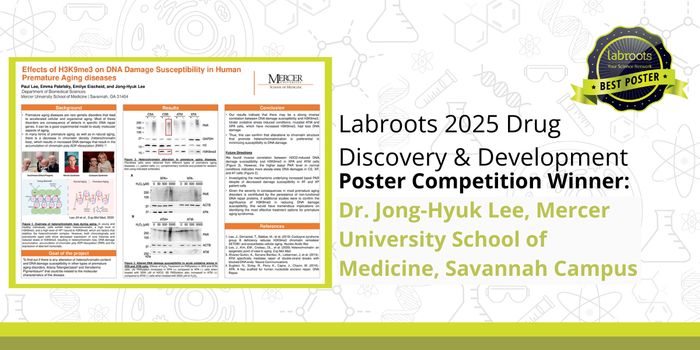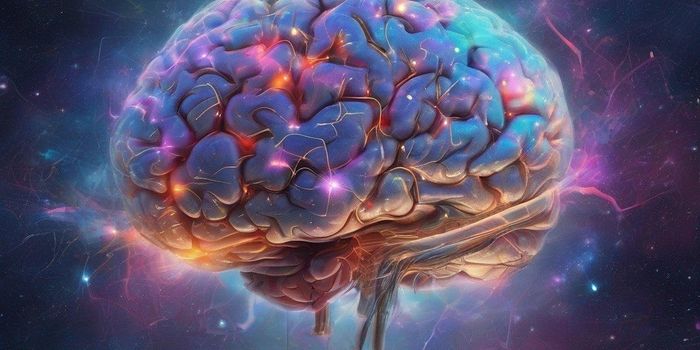Drug Used for Ebola Virus Could Fight COVID19
Previously, the drug remdesivir was found to treat coronaviruses that cause Middle East respiratory syndrome (MERS) and severe acute respiratory syndrome (SARS). Now, the same researchers conclude that the drug may be effective in treating the COVID-19 strain.
"Even if you know a drug works, it can be a red flag if you don't know how it works," said virologist Matthias Götte. "It is reassuring if you know exactly how it works against the target.”
"We know the drug works against different coronaviruses, like MERS and SARS, and we know the novel coronavirus is very similar to SARS. So I would say I'm cautiously optimistic that the results our team found with remdesivir and MERS will be similar with COVID-19."
Findings of the study were published in the Journal of Biological Chemistry and is among the first in Canada to report results on the COVID-19 strain.
“Until now, there has not been a published explanation of why remdesivir may work against coronaviruses,” said Götte, who added that the study is the first major step in answering the question.
Remdesivir was developed by Gilead Sciences in response to the 2014 West African Ebola virus epidemic and was first administered for a coronavirus patient earlier this year in the United States. According to the report in the New England Journal of Medicine, the patient received remdesivir on the seventh day of illness and was observed with marked improvement the following day. Over time, the symptoms eventually disappearing altogether.
“Remdesivir is the only drug available that may have real efficacy against COVID-19,” notes Bruce Alyward, the assistant director-general of the World Health Organization.
"What our study showed was that remdesivir essentially mimics one of the natural building blocks for RNA synthesis necessary for genome replication of the virus. Enzymes within the virus are synthesizing the viral RNA genome with these building blocks, but they mix up the bits they need with the drug. Once the drug is incorporated into the growing RNA chain, the virus can no longer replicate," explained Götte.
Source: Science Daily


![Master Lab Weighing: Accuracy, Compliance & Audits [eBook]](https://d3bkbkx82g74b8.cloudfront.net/eyJidWNrZXQiOiJsYWJyb290cy1pbWFnZXMiLCJrZXkiOiJjb250ZW50X2FydGljbGVfcHJvZmlsZV9pbWFnZV85MWRmZmRjMDIwNDBlMWJjMzYwN2ZiYWY2ZjI4ZGMzYzBmZGMwZGMyXzkxOTcucG5nIiwiZWRpdHMiOnsidG9Gb3JtYXQiOiJqcGciLCJyZXNpemUiOnsid2lkdGgiOjcwMCwiaGVpZ2h0IjozNTAsImZpdCI6ImNvdmVyIiwicG9zaXRpb24iOiJjZW50ZXIiLCJiYWNrZ3JvdW5kIjoiI2ZmZiJ9LCJmbGF0dGVuIjp7ImJhY2tncm91bmQiOiIjZmZmIn19fQ==)






